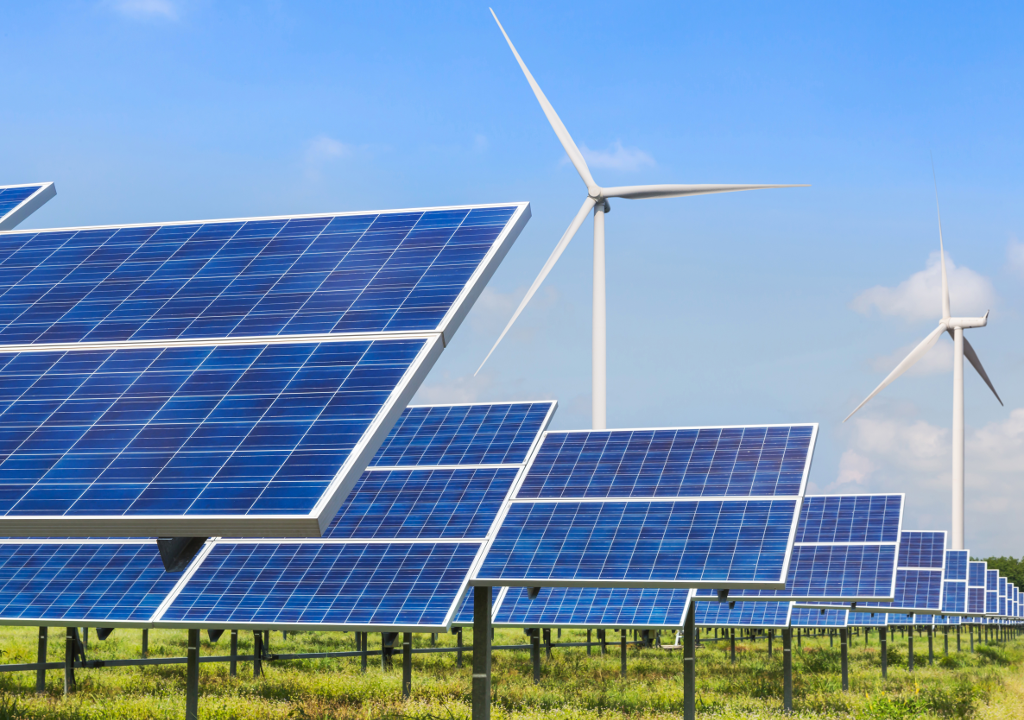Newsletter January 2020
Crowdfunding as an alternative to traditional financing.

In recent years a new form of financing known as crowdfunding has appeared on the scene as an alternative to traditional financing. This new form of financing consists of the public promotion of a business project through an online platform, in which the aim is to attract the interest of the greatest number of people, whether individuals or companies, so that they invest in the project.
In order to adapt to the evolution of new technologies and new business financing models, our legal system regulated this type of funding mechanism (“participative financing platform”) for the first time in Law 5/2015 of April 27 on the promotion of business financing.
In accordance with the provisions of this law, project financing can be carried out through the issue or subscription of shares in limited liability companies, the application for loans (including equity loans) and the issue or subscription of bonds, ordinary and preferred shares or other securities representing capital, when an issue prospectus is neither required nor emitted.
Participatory financing platforms can only be used to finance projects that meet the following conditions:
- They must be aimed at a plurality of natural or legal persons who, whether investing professionally or not, expect to obtain a monetary return.
- They must be carried out by promoters, natural or legal persons, who apply for financing in their own names.
- The financing is intended to be used exclusively for the promoter’s specific project, which can only include corporate, training or consumer projects.
- Projects must be financed through one of the methods described above.
Some of the main advantages of crowdfunding over traditional financing will now be analyzed.
- “Free” advertising: as a general rule, the projects to be financed are published on online platforms that are accessed by a large number of potential investors, which allows a company and its business model to become known to the general public free of charge.
- A potential increase in customer base. Potential investors in a given project will be able to learn more about the company promoting the project through the participatory financing platform. As a result of this more detailed knowledge of a company, these potential investors may become clients of that company and acquire its products or services.
- Reputation enhancement and social projects. Companies, whether they are recognized in the market or not, can improve the public’s perception of them. In this regard, a series of participatory financing platforms have recently emerged with the aim of raising funds for projects with a positive impact on society, such as the implementation of renewable energy generation facilities and the improvement of energy efficiency in buildings. This allows many companies to improve their image and be seen as positively involved with society, which can have a direct impact on increasing their customer base, among other things.
RDL 17/2019, a breath of fresh air for renewable energy?

On November 23, 2019, Royal Decree-Law 17/2019 of November 22 was published in the BOE (Spanish Official State Gazette), adopting urgent measures for the necessary adaptation of remuneration parameters that affect the electricity system and addressing the process of shutdown of thermal generation plants (“RDL 17/2019”). RDL 17/2019 was validated by the Spanish Congress on 27 November 2019.
RDL 17/2019 takes some pressure off renewable energy generation sources and reinforces energy transition: (i) it sets a reasonable pre-tax return of 7.09 % applicable to the remaining regulatory life of the standard installations, a period which will be used to review and update the remuneration parameters that will be applicable during the second regulatory period and (ii) it establishes a financial renumeration rate of 5.58 % for production activity in non-peninsular electricity systems with an additional payment regime in the second regulatory period.
Furthermore, in the case of installations producing electricity from renewable energy sources, cogeneration and waste that were recognized as having a primary remuneration at the entry into force of Royal Decree Law 9/2013 of 12 July, it is established that the value based on which the reasonable return fixed for the first regulatory period will depend cannot be revised during the two consecutive regulatory periods starting on 1 January 2020.
The provisions of the previous paragraph shall not apply to those facilities; (i) which have previously initiated arbitration or legal proceedings based on the modification of the special payment system operated after Royal Decree 661/2007 of 25 May, unless they provide evidence, before 30 September 2020, of the early termination of the arbitration or legal proceedings and a definitive waiver of their right to resumption or continuation; or (ii) which expressly waive their application before 1 April 2020.
Further to this, and seeking to promote energy transition, a mechanism has been established to prioritize the access of renewable energy generation sources to the evacuation capacity freed by the imminent closure of a series of coal thermal energy and thermonuclear facilities. In particular, coal-fired plants with a capacity of approximately 5,000 MW are expected to be shut down by 30 June 2020.
The aforementioned mechanism consists of empowering the Minister for Ecological Transition, following agreement by the Government’s Delegate Commission for Economic Affairs, to establish procedures for granting all or part of the evacuation access capacity of the network nodes affected by these closures to new renewable generation facilities.
In addition to this, RDL 17/2019 establishes the possibility that, following the closure of coal-fired and thermonuclear power plants and the subsequent termination of concessions for the private use of water associated with such plants, a new concession for the private use of water may be granted to new initiatives and projects in which economic, social and environmental criteria are taken into account.
